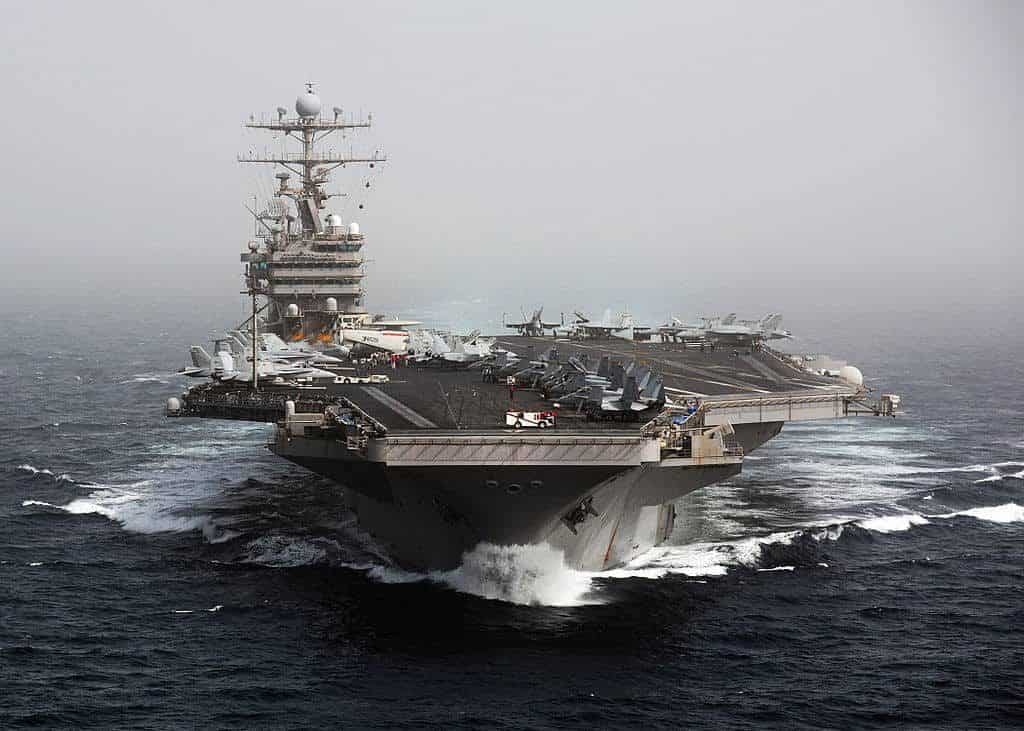Let us be clear. China is a repressive, authoritarian state.
It suppresses all dissent and free speech and blocks access to the internet. It runs concentration camps (sorry, “re-education camps”) for up to one million Uyghurs, suppresses Tibetans, has made a mockery of democracy in Hong Kong, and continues to threaten Taiwan. We have just passed the anniversary of the Tiananmen Square massacres.
According to Human Rights Watch:
“Authorities dramatically stepped up repression and systematic abuses against the 13 million Turkic Muslims, including Uyghurs and ethnic Kazakhs, in China’s northwestern Xinjiang region. Authorities have carried out mass arbitrary detention, torture, and mistreatment of some of them in various detention facilities, and increasingly imposed pervasive controls on daily life. New regulations in Tibet now criminalize even traditional forms of social action, including community mediation by religious figures.”
On the international stage, China, in spite of it honeyed words, does not play by the rules. Breaking its promises, it has occupied disputed territories and militarised the South China Sea.
In international trade it never has, and never will, play by the rules. Its Belt and Road Initiative is one of imperialist expansion through debt bondage of other states. Its Made in China 2025 programme is unashamedly protectionist.
While nominally supporting climate change initiatives, it is building coal fired plants by the dozen.
Contrary to the West’s delusion of a China that will move towards democracy, it now has a president who will rule for life.
Let us compare all of that with the sins of Donald Trump. While many of these can be deplored, they do not even come close to the vicious behaviours exhibited by the Chinese.
Yet, in 2015, the UK hosted a most lavish state visit by President Xi that included an address in Westminster (an honour denied to Trump). Jeremy Corbyn and all other major party leaders found it in their heart to wear a white tie, attend the Xi state banquet and scrape at the feet of a repressive dictator.
Is it just me or is this a world upside down?
Now we are relying on the Chinese to build nuclear power stations – a critical component of our infrastructure. Some in the government are holding out to allow Huawei to build our 5G infrastructure irrespective of the damage it would do to our Five Eyes security relations with the US, Australia, New Zealand and Canada. And the UK is visibly begging the Chinese to continue buying up its government bonds and invest in the UK.
While the thought of a trade deal with the US has been reduced to sound bites about chlorinated chicken and hysteria about the NHS.
Personally, I find the behaviour of Jeremy Corbyn, Vince Cable and others in the face of Trump’s state visit childish and deplorable. That is not to say that one has to like Trump. But he is the duly elected leader of the UK’s longest standing ally.
It was also the D-Day anniversary – and the end of a war that we could never have won without US involvement. Confusing the office with the person and preferring to commune with a repressive dictator rather than the president of our close ally is, to me, shocking.
And the UK has hardly kept its nose clean when welcoming foreign heads of state. Apart from Xi, Vladimir Putin, Bashar Al-Assad, Saudi King Abdullah and, in what was maybe another age, Robert Mugabe, Nicolae Ceausescu, Mobutu Sese Seko, have all been welcomed.
It’s about time some of our leading politicians grew up and reflected on whether they stand for anything other than empty virtue signaling and scoring cheap political points.






Great post! My thoughts exactly!
I was thinking about this the other night. Considering all the insightful news regarding global geopolitics from Renaud, my feeling is that maintaining trade and investment ties with China is good for global geopolitical relations. In fact, for me, if there is one good thing about free(ish) trade, despite its social and ecological impacts, is that it helps nurture international cooperation and diplomacy.
Regarding our politicians in relation to Trump, I totally agree. I appreciate giving Trump the cold shoulder was part of their Brexit strategy of rejecting a US FTA but it does beggar belief why they can distinguish between the person and the argument.
Despite the diplomatic ad hominem, Trump seemed to take it well within his stride.
Stephen. That has certainly been received wisdom for ever about free trade. (By the way it’s also the rationale behind the European project). But empirically, it doesn’t seem to hold up. Just one example – there never was as much free trade as just before WWI.
It’s hard to know why the theory doesn’t work. My own view is that eventually countries start to feel that trade has stopped being fair, resentment grows and it tends to break down. Maybe all precipitated by economía falling on hard times.
With China, perception of unbalanced trade is the starting point not even an end point. That’s because the rules have been set on the basis of the Western economic model. China just doesn’t fit the rules so cannot comply without bowing to the Western economic model – which it won’t do.
When China was admitted to the WTO, the assumption was that it would inevitably transform into a western style democratic market economy and driven by its incorporation into world trade. We know how well that turned out.